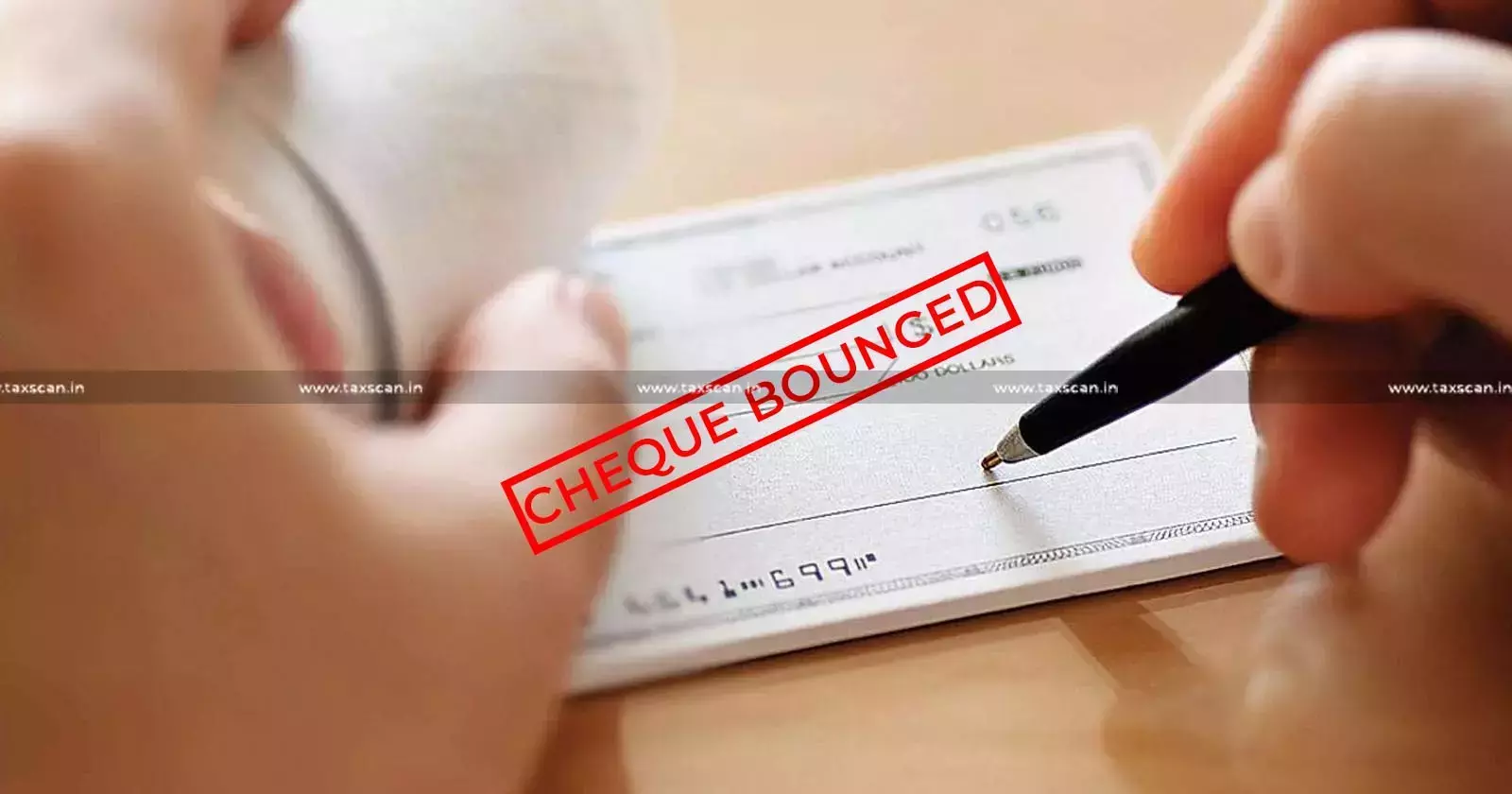S. 138 Cheque Bounce Cases can be filed 15 Days after Notice to Drawer upon Payment Failure: Delhi HC
So far as the complaint being premature, the argument is completely devoid of merit. The period of 45 days under reference is not a lump sum consolidated period, the bench noted

The Delhi High Court has recently dismissed a petition seeking quashing of a trial court’s summons in a cheque bounce case, terming the move “completely frivolous” and imposing costs on the petitioner, clarifying that the statutory scheme comprises a 15-day window for payment after notice, followed by a one-month limitation period for filing a complaint.
Get a Handbook on TDS Including TCS as Amended up to Finance Act 2024, Click Here
Justice Girish Kathpalia, while hearing the case, held that a complaint under Section 138 of the Negotiable Instruments Act can lawfully be filed after 15 days from service of the statutory notice, if the drawer fails to make payment.
The petitioner, Smt. Rama Oberoi, had argued that the complaint was filed prematurely, insisting that a 45-day waiting period applied. She also contended that the cheques in question lacked her signatures and that a parallel civil recovery suit rendered the criminal complaint unsustainable.
It was observed that “So far as the complaint being premature, the argument is completely devoid of merit. The period of 45 days under reference is not a lump sum consolidated period; it is 15 days (after service of statutory notice, to pay vide proviso (c) to Section 138 of the Act) plus 30 days (to file complaint under Section 141(1)(b) of the Act). The period of 30 days or 31 days (the provision uses the expression “one month”) is akin to the limitation period after arising of cause of action. The cause of action arises if by 15th day of service of the statutory notice, the cheque amount is not paid by the drawer.”
It was also remarked that, “the time to make payment of the cheque amount expired on 07.10.2022 and the complaint case could be filed by 06.11.2022. As submitted by learned counsel, the complaint case was filed on 29.10.2022, that is within the prescribed period of limitation to file such complaint.”
The Court found no merit in these claims. It was observed that:civil and criminal remedies can proceed simultaneously, since recovery of dues and criminal liability for dishonour serve different purposes.
The timeline followed in the case was correct: notice was served on 22 September 2022, the 15-day payment period expired on 7 October 2022, and the complaint filed on 29 October 2022 was well within limitation.
It was also noted that dispute over authenticity of signatures is a matter for trial and cannot be a ground for quashing proceedings at this stage.
Terming the petition as an abuse of process, Justice Kathpalia dismissed it with costs of ₹10,000 payable to the Delhi High Court Legal Services Committee within two weeks.
The ruling clearly mentions that attempts to stall cheque dishonour proceedings on premature or technical grounds will not be entertained, with the Court bluntly stating that the plea was “not just devoid of merit but completely frivolous.”
Support our journalism by subscribing to Taxscan premium. Follow us on Telegram for quick updates


